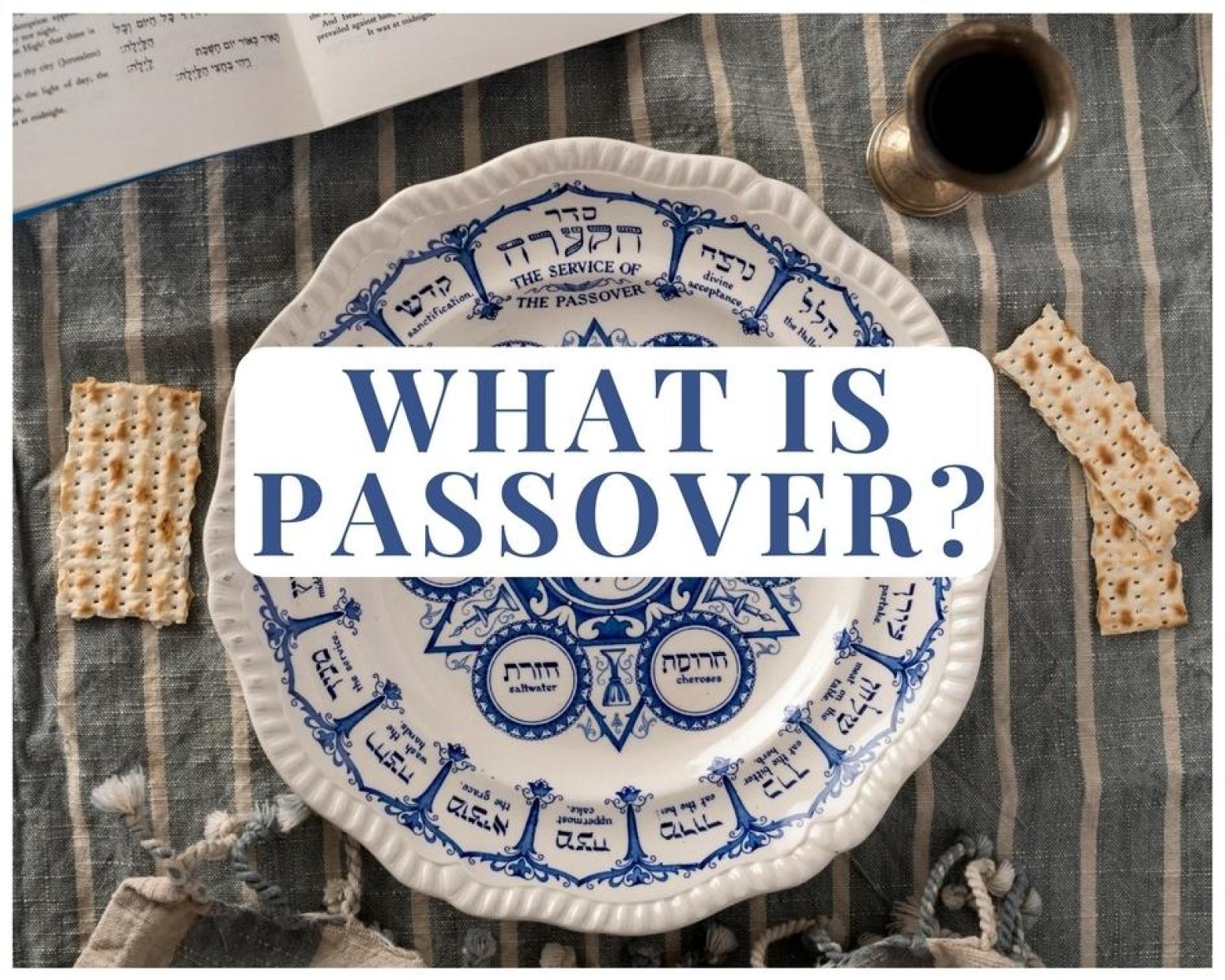Passover is a major Jewish holiday celebrated to commemorate their liberation from slavery in Egypt and the start of the freedom of the nation of God led by Moses. Some Christian denominations choose to celebrate the holiday in acknowledgment of their Jewish beginnings.
Traditions vary by country and denomination, but in general, follow the same patterns. The narrative Exodus tells the story of the release of the Jews. It shares the story of the ten plagues that would be released before the Egyptian Pharaoh would let the Jewish people free.
The worst of the plagues was the tenth, in which there was the death of the Egyptian firstborn. The Jewish people were instructed to mark their doors with the blood of a spring lamb, which would indicate to the spirit to “pass over” their home leaving the first born safely from the plague, hence, the name Passover.
After the tenth plague, the Pharaoh finally released the Jews from slavery. At this point, the stories exclaim that the Jews left so quickly that they could not even wait for their bread to leaven. This is the reason only unleavened bread, known as Matzah (or Matzo), is allowed during the celebration of Passover. The time is also called the festival of Matzah or the Feast of the Unleavened Bread.
It is traditional for Jewish families to gather on at least the first night of Passover for a special dinner known as the Seder. This meal is incredibly unusual and carried out on the best china and dinnerware available.
The dinner follows a 15-part ritual which includes hand washing, wine, matzah, readings from Scripture, and children participate as well. The last day of Passover is also an important day and is celebrated in remembrance of the parting of the Red Sea. The parting of the Red Sea allowed the Jews to escape while Egyptians drowned behind them.
Happy Pesach!
